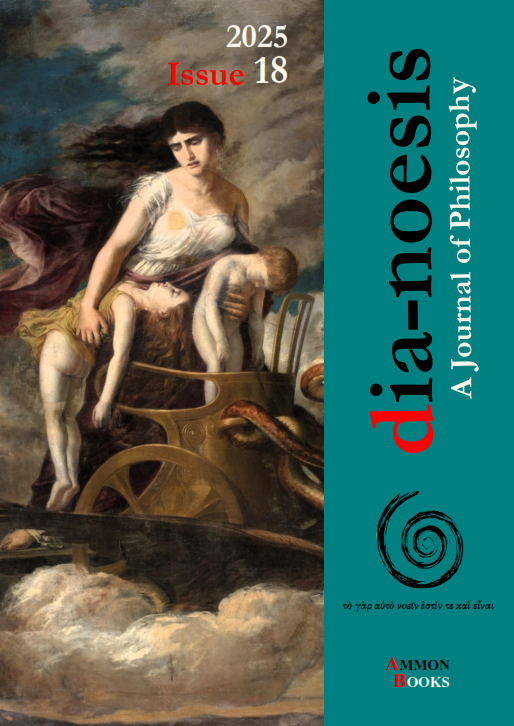Mapping Trauma as Inheritance in The Libation Bearers

Abstract
The Libation Bearers is a Greek tragic play by Aeschylus, which serves as the second part in the trilogy called Oresteia. This paper examines The Libation Bearers from hauntological and psychoanalytic theoretical frameworks as the Atreid household becomes a battleground of spectral (in)justice and (un)resolved mourning. In the play, Orestes exacts justice by reinscribing the very violence he seeks to expiate. Similarly, Electra’s laments conjure the past as a living wound. The Furies are what the symbolic order couldn't symbolize. Borrowing Jacques Derrida’s concept of the revenant and Jacques Lacan’s concept of objet petit a, the paper seeks to understand how the domestic space in this play serves as a setting for psychological topology, where memory mingles with desire to attain justice. Buried underneath the trauma of the siblings lies a spectral call for justice where trauma isn’t merely staged as an event but as a return of the repressed.
Article Details
- How to Cite
-
Ganguly, A. (2025). Mapping Trauma as Inheritance in The Libation Bearers. Dia-Noesis: A Journal of Philosophy, 18(2), 209–228. https://doi.org/10.12681/dia.43454
- Section
- Articles


